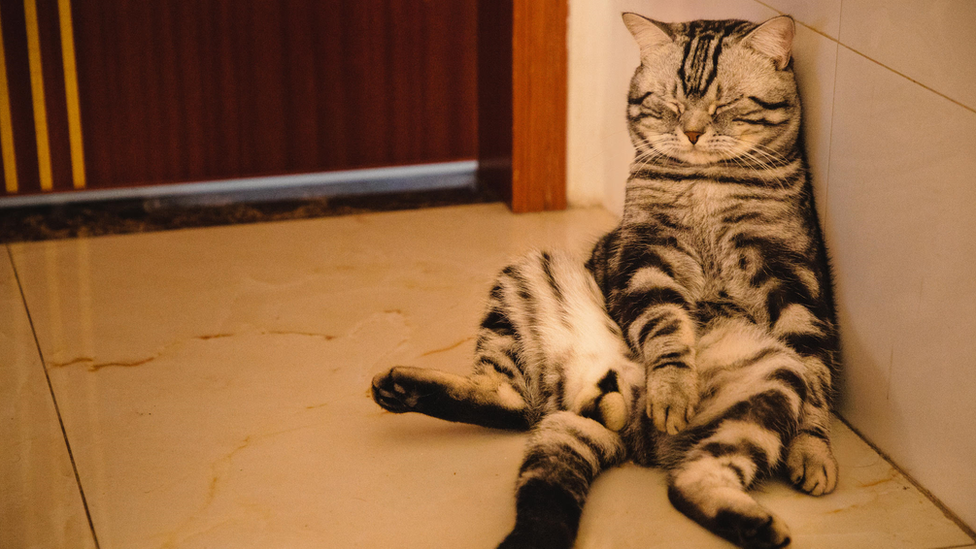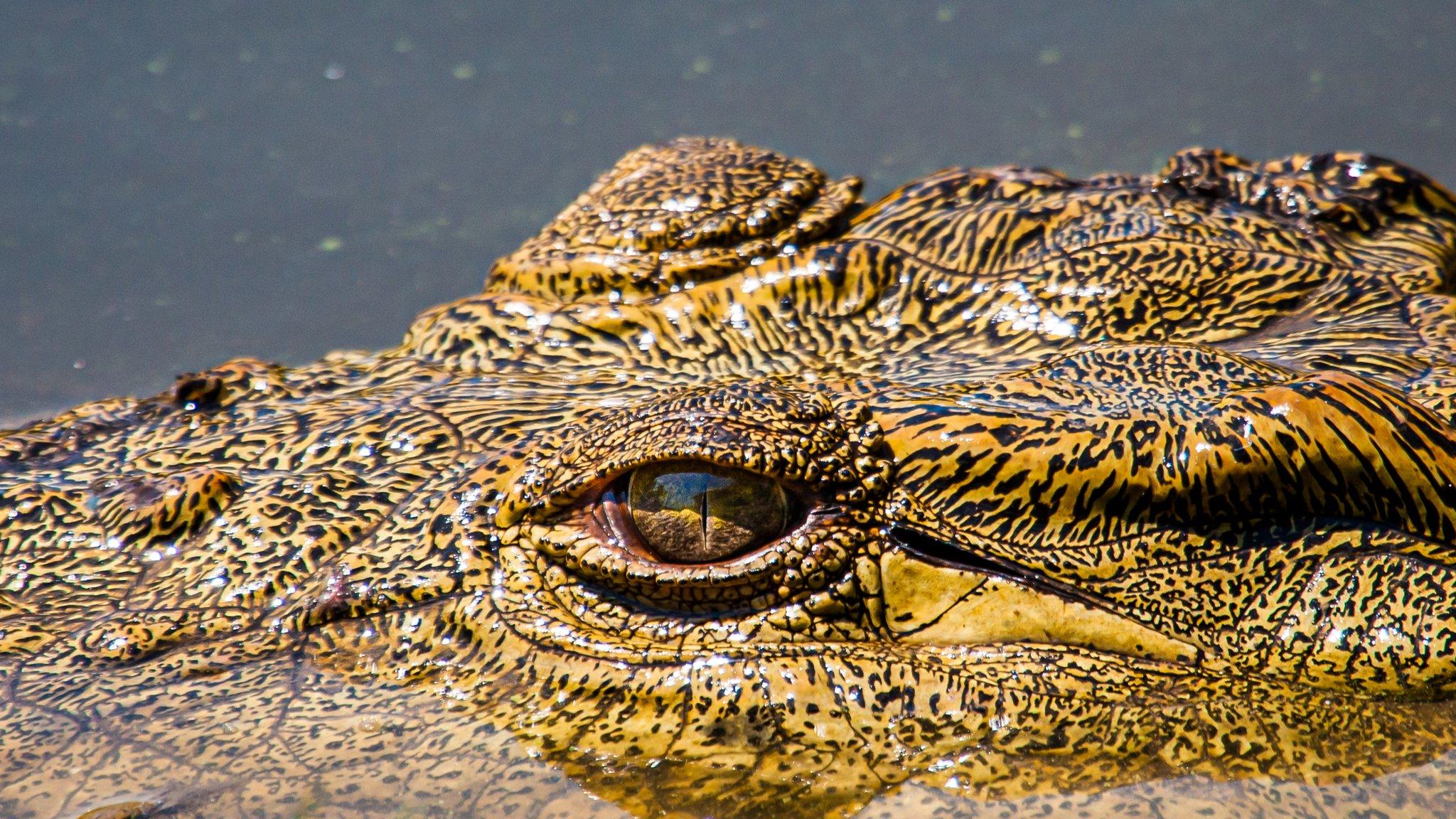Is your cat ignoring you? Probably!
- Published
- comments

"I've got a bad cattitude!"
It all makes purr-fect sense! A new study published by the University of Tokyo suggests that cats DO ignore their owners.
In the study, cats' names were called by their owners and by strangers' voices to see if they reacted.
The cats knew their names were being called, because they showed signs of listening behaviour - like twitching their ears and looking around.
But despite hearing their names, the study showed that the cats quickly lost interest in listening, and just carried on with their daily business instead! Miaowch.

"I told you this hat was a cat-astrophe"
The experiment
The cats were tested in their own homes and their reactions were monitored by researchers to see how they respond to their names being called.
The owner would leave the room so the cat couldn't see them. Then the researchers would play three recordings of strangers calling the cat's name, followed by the cat's owners voice and finally another stranger.
The researchers monitored the cats for any orientating behaviour - this is behaviour where the cats would react to their name being called out and show signs of knowing where the noise was coming from.

"Don't disturb my cat-nap!"
The results
The cats responded with behaviour like twitching their ears, head and tail movements and a few meows!
They showed a bigger response when they heard their owner calling their name than they did when their name was called by a stranger.
Despite showing clear signs that they recognized their names being called out, the cats did not move or come over to where the name was being called out from - so there is a big chance they are just ignoring you when you call their name!

"You're as big as a meowntain!"
Cats V Dogs
There could be a reason why cats are this way, in contrast to dogs which are much more responsive to human interaction.
One reason, according to the study, could be that cats never evolved a domesticated relationship like dogs did with their owners, and that could be down to them actually domesticating themselves all those years ago.
The study's authors said: "historically speaking, cats, unlike dogs, have not been domesticated to obey humans' orders. Rather, they seem to take the initiative in human-cat interaction".
The study highlights that housecats have a common ancestor, Felis silvestris - a cat that first came into contact with humans 9,000 years ago. Research suggests that these cats domesticated themselves in human societies by catching prey that was hanging around rice stores.
In contrast with dogs, which were bread over many years to respond to commands and orders - cats just didn't need to learn as they domesticated themselves.
Do you have a pet cat? We want you to put the theory to test: send in your videos calling your cat by their name, and lets see if they really are ignoring you!
Are you ready to send your stuff?
This uploader is for parents to share videos and pictures with the Newsround team.
Don't Send...
- Personal details
- Anything naughty
- Stuff with other people
- Stuff we didn't ask for
Everything you send has to follow the rules
If you cannot see where to upload, click here.
A parent can also help you upload your videos and pictures here.
- Published24 March 2021

- Published25 March 2021

- Published25 March 2021

